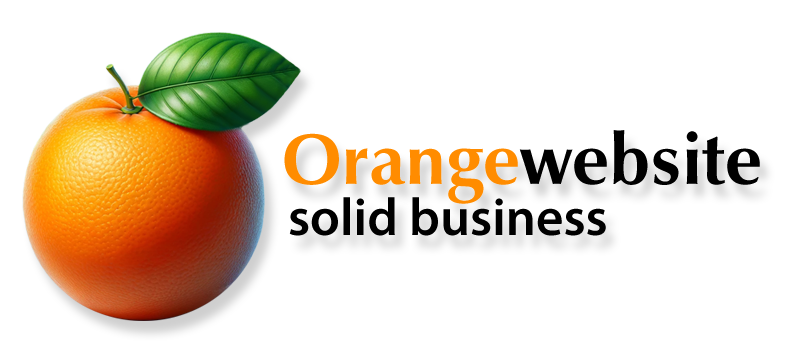
Limiting the amount of personal information on the internet can help to minimize the possible risks.
It seems like every time you check your newsfeed, there’s another story about someone’s privacy being violated online. Whether it was the GamerGate movement handing out Felicia Day’s personal information, the NSA collecting aggregate data from people online, or the hacktivist group Anonymous handing out information users thought was secure, it seems that online privacy is an easily-breached fence.
Just because privacy is regularly breached however doesn’t answer the bigger, more important question, do you have a right to privacy on the Internet?
What is Right to Privacy?
For those looking for the right to privacy in the American Constitution, stop searching because it’s not in print. The idea of the right to privacy is something that the U.S. Supreme Court has said is implied by other amendments in it, including the 4th, 5th, 6th, and 9th. The court argues that people have a right to keep their private lives private from the government. They have a right to not consent to unreasonable, warrantless searches, and to remain silent when they’re being asked questions without a representative.
What does It Mean on the Internet?
Most western governments have some sort of privacy law – but whether they’ve caught up with modern technology is another matter. The main issue when it comes to privacy on the internet isn’t only about government spying – by large, people’s information is not even being stolen from them, rather most people’s personal information is already out there for anyone who knows how to find it.
Let’s take an obvious example, Facebook. When you join the social network you agreed to its terms of service. This includes collecting your information, keeping records of everything that you post and keeping things you’ve deleted on file for 90 days or more in many cases. It also means that your information as a user – what you like, what you follow, your age, gender, pretty much of everything including your name and other personal details – can be sold to the highest bidder. This is called data mining and advertisers are typically use it to figure out what target audience likes, so they can create the best possible ads to entice those groups. Anyone who has ever seen an ad in their feed obviously targeted to them has probably figured this out by now.
That’s not all that is going on in a social network. For instance, you may have your privacy settings so that only friends can see your contents. But if just one of your friends likes or shared a post, then the control is out of your hand and now anyone in that friend’s network can see what happened. This was a major issue of a teacher whose pictures of herself at a brewery cost her job, even though she was certain none of her students could access her Facebook page or photos because of her privacy settings. They couldn’t, but it was a parent who found her page.
One Great Big Modern Mess
Just as British children today might not see why Brave New World is a terrifying book – since there are cameras everywhere and invasion of privacy is commonplace. It is often difficult for people to understand what they’re giving up in the age of the Internet. As soon as a picture, status or piece of personal information is put up somewhere on the web, it is actually been logged, archived and stored. If someone can legitimately find that information without violating any user agreements, that is not a violation of your privacy on the internet because you are the one who put it out there in the first place – it is also why law enforcement can use your Facebook feed to track you down and apprehend you. Same goes for corporate data mining – nothing you put up on a social network hosted by someone else is truly belongs to you anymore.
No Data Online is 100% Secure
An important thing for internet users is to understand that no data that is connected to world-wide-web is 100% secure. No matter if the service where the information is submitted, is using the latest security software and patches, hackers may still have their way to break in – and it has happened before numerous times with well-known internet services. If you have highly classified data, including pictures or documents you don’t want ANYONE to see, keeping those on offline storage is the only completely secure solution.
So What Can I Do?
For starters what you can do is limiting or stop putting your information out there if you don’t want the world to see it. Most of us are not willing to do that, so at the very least you should know how your information is being used and make sure you know what you’re actually agreeing to.
Finally, there are examples where invasion of privacy on the internet contributes a real crime. For instance, finding someone’s home address by checking public records is not illegal. Indiscriminately dispersing that information along with associated threat had constituted several crimes, like the rape and death threats faced by many online feminist activists. At a minimum level, threats like this should get the user banned and the individual may also be brought on charges like reckless endangerment, libel, or defamation of character, depending on the circumstances.
So even if you don’t always have a right to privacy on the internet, you do still have a right to safety. Many believed that is just not enough and numerous questions remain about digital law enforcement, at least it’s a good awareness to start with.
Find out more information about improving your privacy on the internet, please contact us. We will be happy to answer your questions and help you any way we can with this process.

Recent Comments